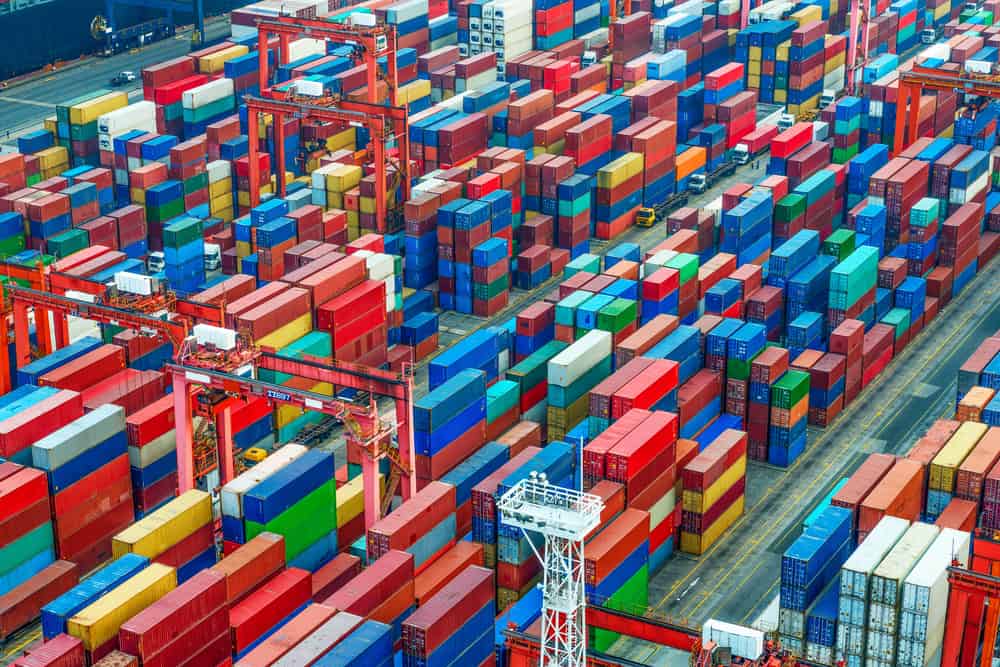The European Commission has adopted a measure to enhance maritime safety and environmental protection around the EU’s coasts by mandating proof of insurance information.
The amendment to the Vessel Monitoring /EC) introduces a new Delegated Directive that updates both existing and future Mandatory Ship Reporting Systems. It now requires all vessels, including those merely passing through EU waters without entering an EU port, to provide insurance information.
By requiring that all vessels operating in the vicinity are properly insured, the EU’s ability to monitor and, if necessary, investigate maritime activities is strengthened, addressing risks posed by uninsured or unsafe vessels. It also reinforces our commitment to a more environmentally responsible maritime sector.
This is a targeted measure with potentially great impact, enhancing the preparedness of the EU’s coastal States. It reflects the EU’s dedication to safer, more secure, and environmentally responsible maritime operations, aligning its regulations with international standards and tackling the challenges associated with hazardous cargo and geopolitical tensions.
This is a targeted measure with potentially great impact, enhancing the preparedness of the EU’s coastal States. It reflects the EU’s dedication to safer, more secure, and environmentally responsible maritime operations, aligning its regulations with international standards and tackling the challenges associated with hazardous cargo and geopolitical tensions.
… said Director-General for Mobility and Transport, Magda Kopczyńska.
Following this legislative change, the European Commission and Member States have submitted a proposal to theInternational Maritime Organizationseeking a minor amendment to several existing Mandatory Ship Reporting Systems (MRS) in and around the European coastal States.
The proposed Delegated Directive updates Annex I of Directive /EC to require all ships entering reporting zones – including those sailing along Member States’ coasts but not entering ports, to provide proof of insurance.
This change strengthens oversight of uninsured or unsafe vessels, supports safety and environmental goals, and aligns EU rules with global standards amid rising threats from hazardous cargo and geopolitical instability.
This move is also a response to therise in shadow fleet activity, driven largely by sanctions imposed by the EU and other nations. The “shadow fleet” refers to older tankers that often lack proper maintenance, inspections, and insurance coverage. These vessels are frequently operated under unclear ownership and attempt to evade sanctions by operating without their Automatic Identification Systems (AIS) turned on.






